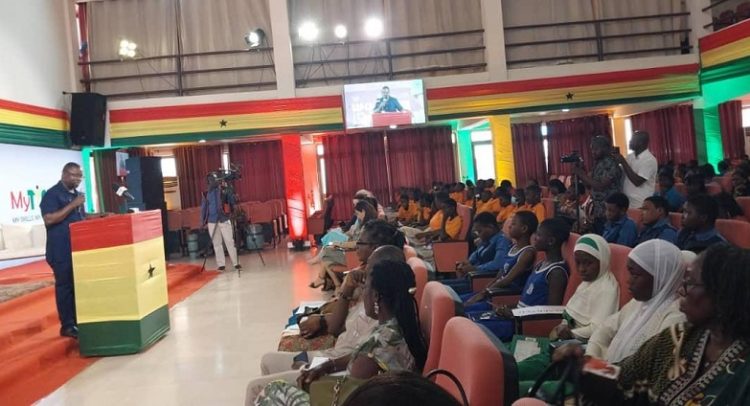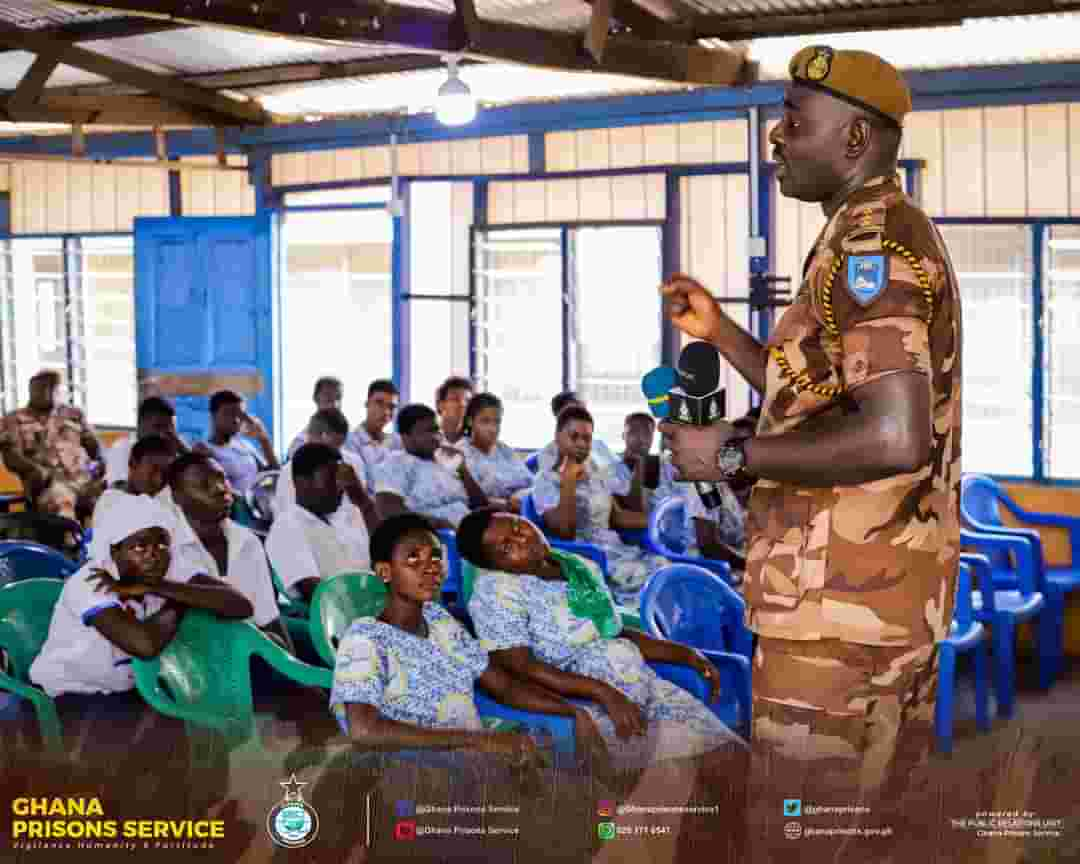
Director-General of Ghana TVET Service (GTVETS), Dr. Eric Kofi Adzroe, has underscored the relevance of the unitisation of various donor-funded TVET interventions and skills development programmes to consolidate impact.
He emphasised that while numerous interventions and skills development initiatives in various sectors are important, they lack standardisation and widespread adoption due to their existence in silos; hence, the need to harmonise these programmes.
The push comes amid growing concerns from industry leaders, policy-makers and technical education experts over fragmented policies, duplicated efforts and varying standards that hinder the effectiveness of TVET programmes nationwide.
A unified strategy that aligns TVET curricula with industry demands will eventually improve accreditation systems and enhance collaboration between government agencies, training institutions and private sector players.
“What I mean is that a disjointed TVET landscape leads to inefficiencies, mismatched skills and wasted resources. Currently, we have so many TVET programmes running. By harmonising interventions, we can create a more cohesive, transparent and responsive ecosystem that empowers learners and meets labour market needs,” he said.
He urged international partners such as the GIZ, Mastercard Foundation and the British Council, with several years of expertise and the financial muscle, to champion the initiative in partnership with the government to standardise the initiatives and document them for easy adaptation into craftmanship curricula among others.
There are currently about 264 TVET institutions with curricula from the Commission for Technical and Vocational Education Training (CTVET) and sector skills bodies from industry – a collaboration targeted at ensuring that industry demand and academic training walk hand in hand.
The D-G highlighted that the precision quality (PQ) initiative sponsored by Mastercard, for instance, is a very critical requirement for all TVET trainees, craftsmen and artisanal persons; hence, consolidating such an initiative with others will advance its adaptation and quality service delivery within the vocational space nationwide.
“The only way to transform this country is through TVET; therefore, when we register master craft persons, we give them a curriculum to operate as a way of formalisation the informal skills training sector.
“It is about time we brought together all partners involved in TVET because they are too many and we need to harmonise their activities and programmes of implementation so that two people don’t learn the same craft but are doing two different things; and it’s even harder to tell the quality and efficiency of what exactly they are doing.
“We have to move from ticking the boxes to deepening impact for inclusive sustainability in our communities,” he said.
Furthermore, he said: “It is good to disseminate the various research findings and reports in the TVET space, particularly entrepreneurship, so that the young learners can implement exactly the skills that have been imparted to them – be it in other industries or starting their own business”.
Having said that, the D-G stressed that entrepreneurship and soft skills are bedfellows. “We cannot separate one from the other as they complement each other; and we need to marry them through some of these research programmes dotted around the country.”
Dr. Adzroe added that the British Council implemented the VET Toolbox programme in the northern sector to train about 250 young females in tractor operation, agribusiness production, among others, in male-dominated fields, which is very commendable; and that it is time for all such initiatives to come under one umbrella.
The post Harmonise TVET interventions to sanitise ecosystem appeared first on The Business & Financial Times.
Read Full Story
























Facebook
Twitter
Pinterest
Instagram
Google+
YouTube
LinkedIn
RSS